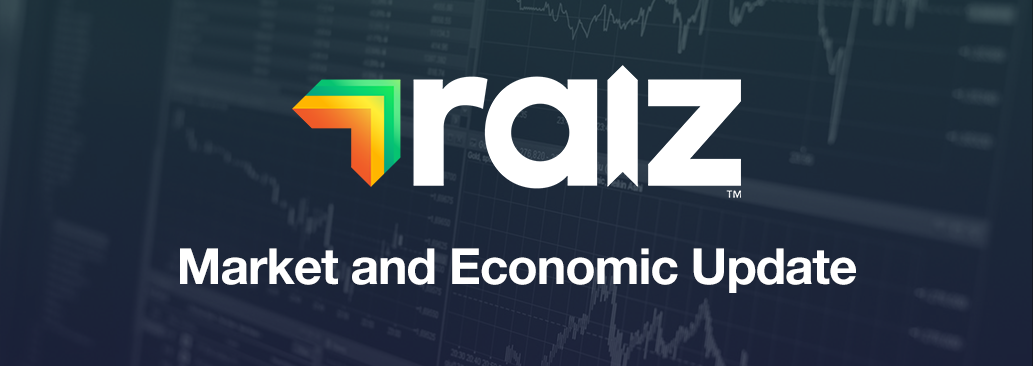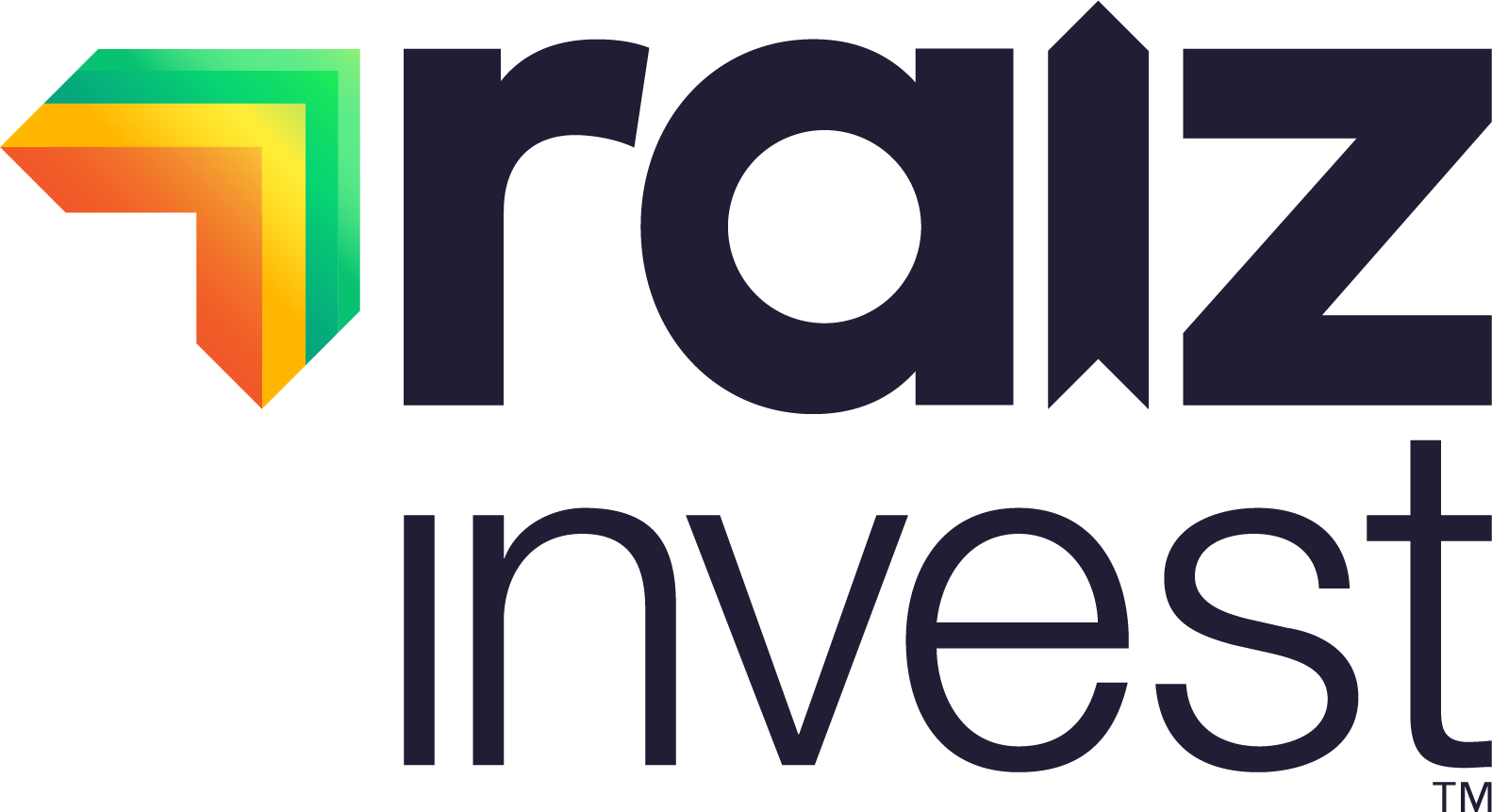Market and Economic Update: Markets jittery on global slowdown fears

20-08-2019
From Raiz CEO, George Lucas
Markets jittery on global slowdown fears
This week, gloom around the global economy deepened, with bond yields plunging and stock markets falling — trends we’ve seen since late July. Indeed, in the US, shares slumped and investors fled to bonds with such intensity that short-term yields rose above longer-term ones, creating an inverted yield curve for the first time since the global financial crisis 10 years ago.
Globally, bank equities, which make up large portions of indices such as the SP500 or the ASX200, have struggled more than most recently. We expect them to remain under pressure, especially in Europe. As mentioned previously, we do not expect this volatility to ease back for some time.
What’s more, European bank equity valuations are now nearly as low as in the depths of the 2009 global financial crisis, the 2012 eurozone crisis, and the 2016 Italian banking woes and Brexit.
‘Fundamental’ questions surround bank business models
In this context, there are fundamental questions about bank business models as a flat or negative yield curve makes it harder for banks to turn a profit. Banks make money by borrowing short term and lending long term and it is hard to pass on negative rates to retail depositors.
Looking ahead, the picture doesn’t look overly positive. Interest rates are likely to remain very low in Europe for the foreseeable future and while the yield curve may re-steepen a bit in the coming years, the spread between shorter and longer rates will probably remain lower than in the past.
The fate of the Japanese banking sector provides a neat comparison. After the country’s housing bubble burst in the early 1990s, Japanese banks lost most of their market value. But, unlike US banks after the 2008 crisis, in Japan they never really recovered. Instead, permanently low interest rates and a flat yield curve have translated into persistently weak profits.
Does an inverted yield curve signal a US recession?
This week’s inversion of the yield curve set off alarm bells because, in the US since the 1960s, an inverted curve is often followed by a recession. However, one potential problem in using the slope of the yield curve to predict whether there will be a recession in the US is the “distorting” influence on bond yields of other factors besides investors’ expectations for monetary policy.
Another complicating factor is that the last three US recessions of the past 30 years were preceded by an inversion of both the actual yield curve and the risk-neutral yield curve. In this cycle, only the actual yield curve has inverted while the risk-neutral yield curve remains positive.
There’s also the US Federal Reserve’s own model to consider, which uses the slope of the actual yield curve to estimate the chance of the economy being in recession in 12 months’ time. Derived from 1959 to 2009 monthly data covering eight recessions, the model in July forecast a 31 per cent chance of the US being in recession in July 2020. This has probably risen now with the further recent steepening.
It’s this increasing risk of recession, and therefore slowing global growth, that’s behind the recent sell-off in global markets, while the renewed US-China trade war is more a catalyst than the cause.
No-deal Brexit risk lifts in UK
Turning to the UK, this week saw the risk of a no-deal Brexit increase, according to an assessment by the German government. It thinks there is a “high probability” of a no-deal Brexit on October 31, since UK Prime Minister Boris Johnson is unlikely to soften his hard stance on the Irish backstop.
The appraisal, made in a German finance ministry document, underlines Berlin’s staunch opposition to any renegotiation of the Brexit withdrawal agreement as demanded by the new British PM.
Don’t have the Raiz App?
Download it for free in the App store or the Webapp below:
Important Note: The information on this website is provided for the use of licensed financial advisers only. The information is general advice and does not take into account any person’s particular investment objectives, financial situation or investment needs. If you are an investor, you should consult your licensed adviser before acting on any information contained in this website.
Investors only: The information in this Document is confidential it must not be reproduced, distributed or disclosed to any other person unless it is part of their statement of advice. The information may be based on assumptions or market conditions and may change without notice. This may impact the accuracy of the information. In no circumstances is the information in this Document to be used by, or presented to, a person for the purposes of making a decision about a financial product or class of products.
General advice warning: The information contained in this Document is general information only. It has been prepared without taking account any potential investors’ financial situation, objectives or needs and the appropriateness of this information needs to be considered in that context. No responsibility or liability is accepted by Instreet or any third party who has contributed to this Document for any of the information contained herein or for any action taken by you or any of your officers, employees, agents or associates.




